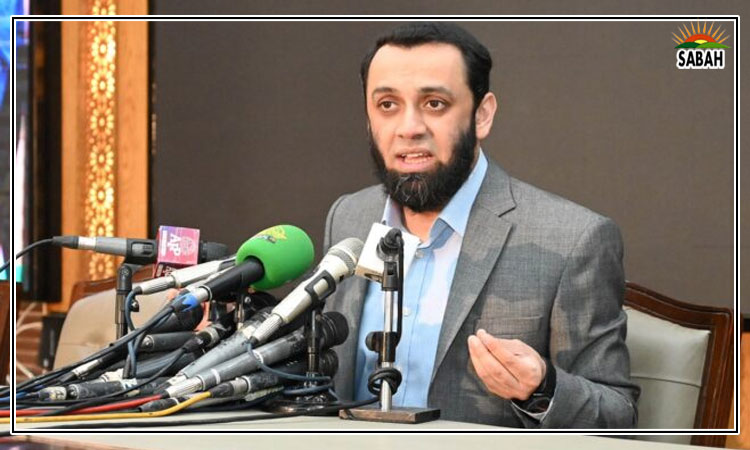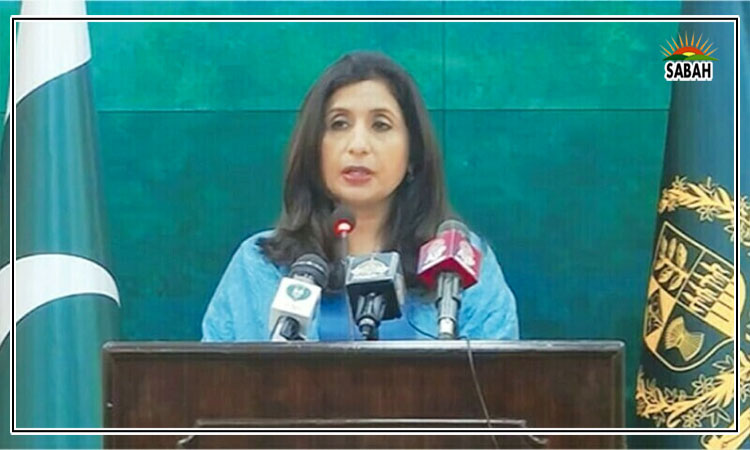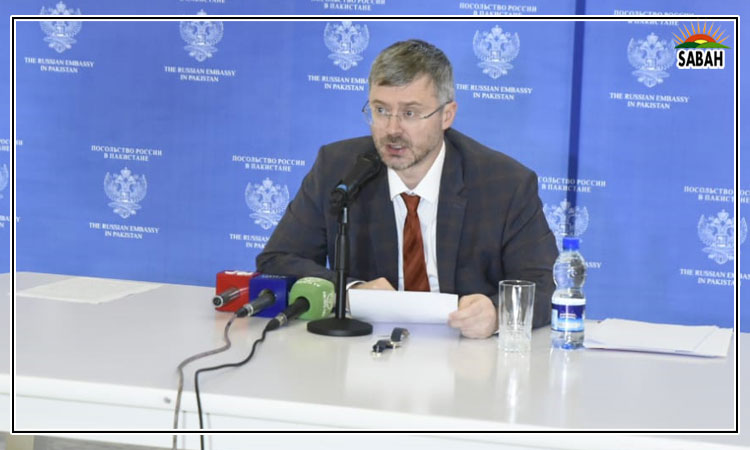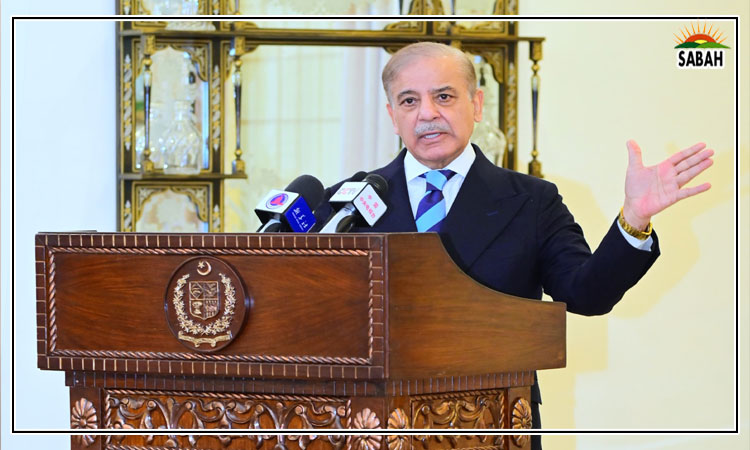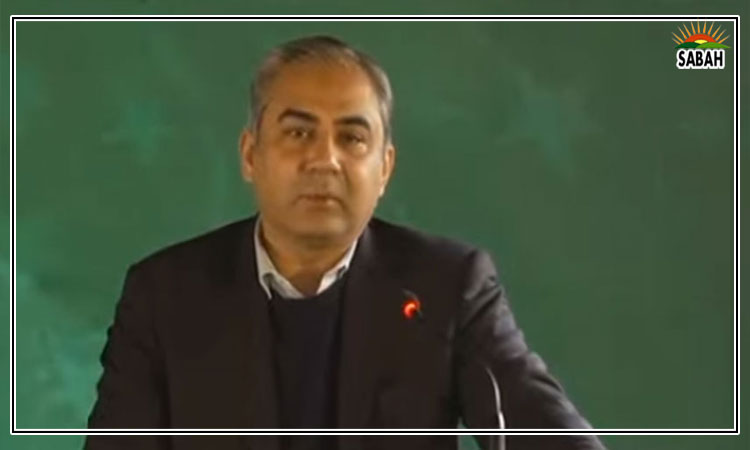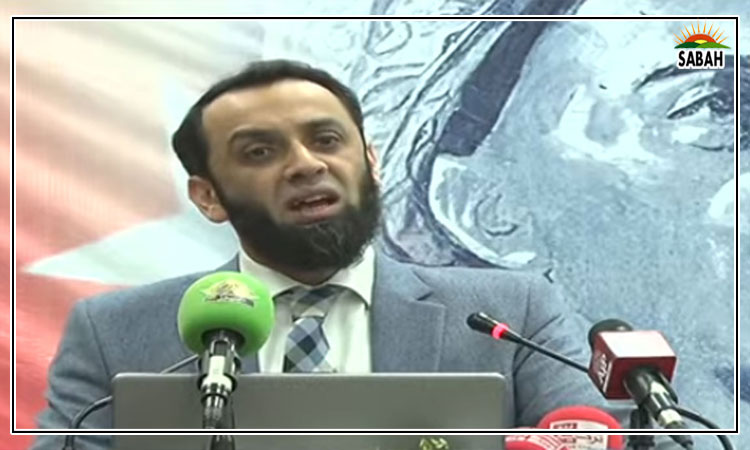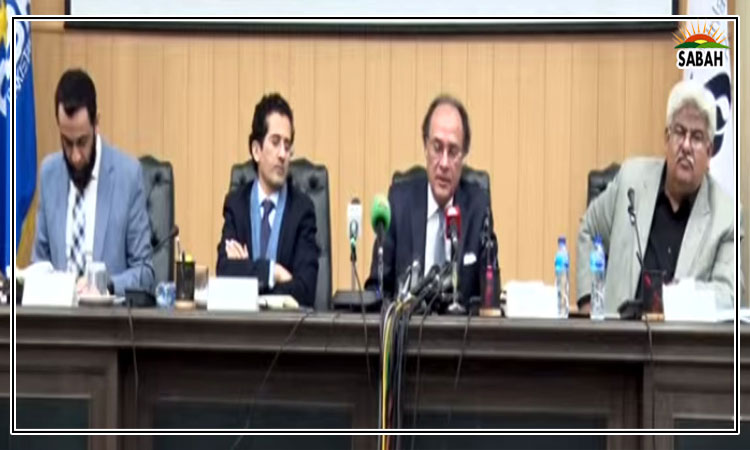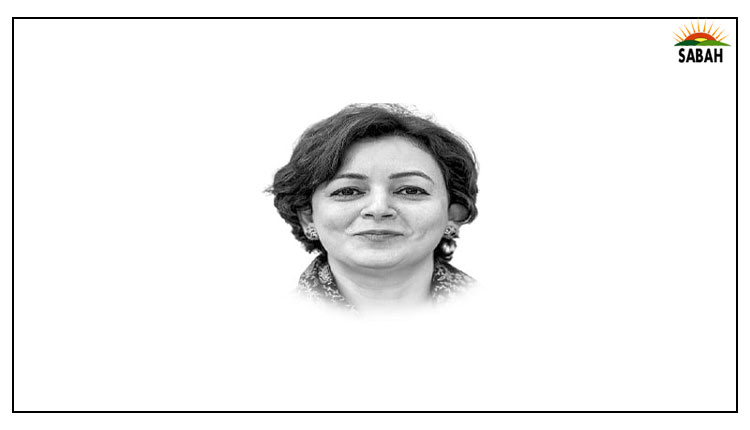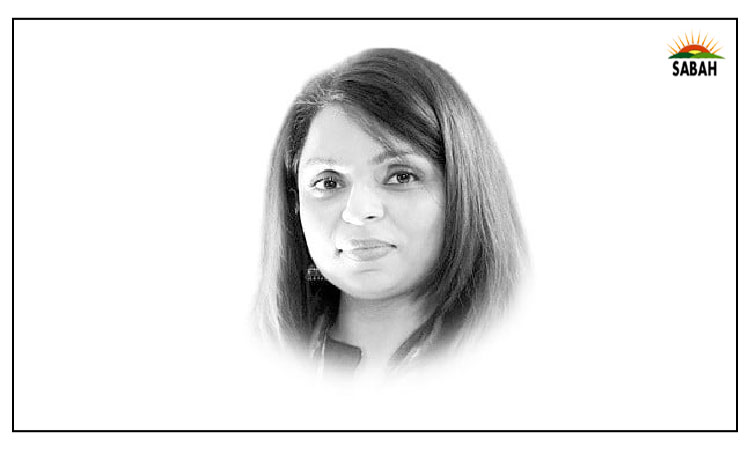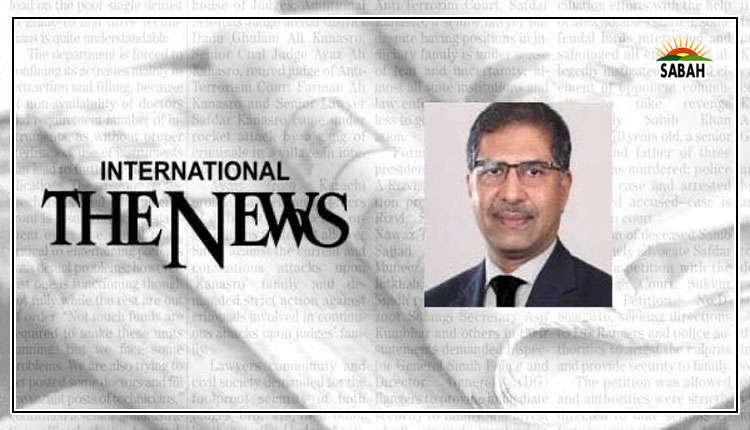This is not how laws are made…Syed Ali Zafar
Law making by parliament is its most important task and huge responsibility. I do not need to dwell upon its significance and suffice it to say that laws made by parliament become applicable upon and immediately affect the lives of two-hundred and fifty million people of Pakistan and generations to come. Every institution in the country, including the Supreme Court, operates in accordance with these laws. Indeed law is order, and good law is good order.
Parliament comes from the French word parley and is used for an institution because in it debate takes place. The object of parliament is that there is a place where the best people from amongst the people will deliberate upon national matters. But that is not all.
What is expected of these learned parliamentarians is that they will debate not simply for the sake of discussion but to find a solution. Finally, it is the duty of the legislators that when they debate to find a solution, it will not be for finding any solution, but one which is acceptable to all, and in the countrys and the nations best interest.
When we talk about parliament, we expect that every issue, whether it is a matter of law-making or oversight or criticism of government and other institutions, must be done with mutual discussion and an eye to resolving the matter for the future. Conducting affairs through mutual consultation is one of the teachings of Islam.
But this is not what I see happening in Pakistan. Instead, the manner in which in the last many months law-making is being treated by government ministers has left me with feelings of grief, sadness and even anger. I see that a bill is brought to parliament on the day of its session and the speaker or chairman is requested that it be passed immediately. The majority of parliamentarians have not even seen, let alone read the law. Others, who want to understand, are not provided with an opportunity to do so.
The speaker or chairman then puts the bill to the House asking that those in favour of this blind law, which has neither been read nor seen or understood by anyone, may say aye and those who are against it may say no. Such mechanical passing of legislation without debate has rightly been termed by the media as bulldozing. In this way, an unseen bill becomes the law applicable to the entire country.
When I see laws being bulldozed, I am reminded of a master that is herding sheep across the land. The sheep are following his orders but do not know where they are heading. Sometimes the master is leading the sheep to the slaughter house but the sheep continue trotting happily without realizing that they are going to their own deaths. They dont know but they continue to obey. This is the scene that sometimes I imagine when I see laws being passed in parliament without deliberation or debate.
We are a blessed nation that we have amongst us a vibrant media which is consistently trying to keep us awake by writing about this oppressive manner of pushing through legislation because of which parliaments reputation is suffering. Pakistani intellectuals are reminding us that because of this oppressive way of conducting legislative business the people of Pakistan are losing confidence in parliament and democracy and Pakistans image is suffering. The world is a global village now and other nations are looking at us and laughing.
Bulldozed laws are more often than not arbitrary, flawed, malafide and irretrievably harm the people and national interest. Even if the object is good, by bulldozing it, the real law is always buried.
I say that this is no way to run a civilized country.
We are also lucky that amongst our parliamentarians we have educated people who have experience, expertise, intelligence and are lawyers, doctors, engineers, professors etc. I always felt in my heart that such parliamentarians cannot be herded like sheep. Yet day after day I saw legislation being passed in minutes without much ado, and only the opposition in the Senate raising a voice against it.
I made an impassioned plea before the Joint Session on July 25, 2023 warning the House that if the practice of bulldozing laws continues then there will come a day when the nation will become so disappointed that people will start addressing parliament in the same language as Oliver Cromwell addressed the British Parliament in 1653.
I said be fearful of the day when Pakistanis may say that This parliament is not a parliament. These parliamentarians have blindfolds on their eyes and cotton in their ears. Their mouths are sealed. The only thing they are permitted to say is aye when so ordered. We do not accept parliament. I warned that: This is the day when democracy will come to its eventual end in Pakistan. We should all fear that day. I pointed out that the only solution to this is to let the parliamentarians think and debate. No ruling party should be allowed to reduce any assembly to rubber-stamp for their legislative agenda.
But a few days ago I saw light at the end of the tunnel when senators from both sides of the aisle, treasury and opposition, stood together to oppose two oppressive unconstitutional bills tabled by the government in the Senate. The senators said enough is enough, we are not sheep to be herded where the master wants; we have a mind and conscience, and will not be bulldozed into passing laws which are against the nation.
This happened when the government was trying to bring in such black laws as the Prevention of Extreme Violence Act (which while ostensibly punishing terrorist organizations was in reality targeting political activities and was an anti-freedom of expression law) and Officials Secret Act (under which any person or place can be searched without warrants and properties seized).
Ministers expected that these bills, like before, would also sail through. But after months of silently accepting this dictatorial dismissive attitude of the government towards legislators, the governments own senators have been forced to rebel and join the opposition. Hats off to my fellow senators. This is how we will enhance the image of parliament and the name of our country.
One can say that this is a case of vote of no-confidence against the government by their own. I say the intelligent have realized that the wind does not always blow in the same direction. Draconian laws tomorrow can be used against those very legislators and political parties who support them. I close my thoughts with the following couplet: Main aaj zad pe agar hun tou khush-gumaan na ho/chiragh sub ke bujhengay hawa kisi ki nahin.
Courtesy The News


